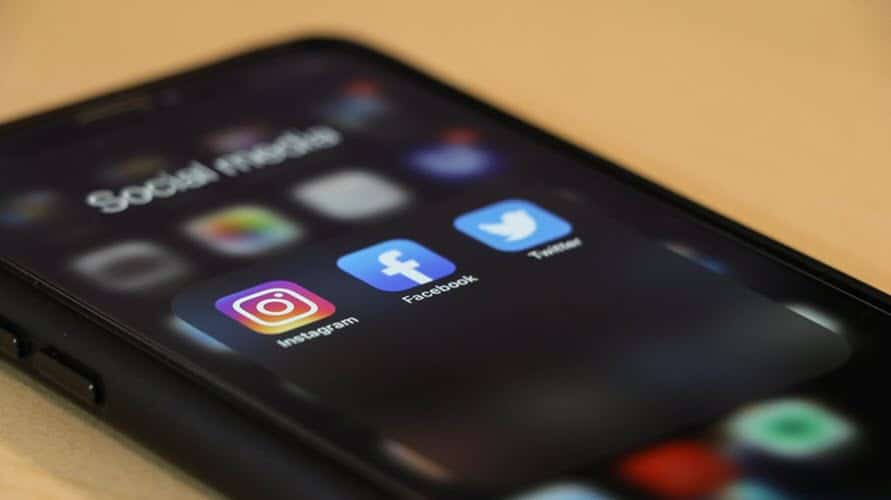Protect Your Social Media Accounts

Social media security is vitally important in today’s digital age. Hackers grow smarter and use more devious and clever methods every year in order to achieve a successful account compromise. There is a hacker attack approximately every 40 seconds, targeting everyone and everything from large organizations to small businesses to individual social media accounts.
HOW DO HACKERS COMPROMISE YOUR SOCIAL MEDIA ACCOUNTS?
There are several ways a hacker might achieve an account compromise, and the risk is greater if you don’t practice basic online security.
- Phishing—if you’ve ever received an email that looked like it came from a legitimate organization or social media site but just didn’t seem quite right, it was likely a phishing email. These emails usually state that there is some issue with your account and are designed to instill anxiety and urgency, instructing you to log in to your account to fix the problem. But when you click on the link provided in the email, you are taken to a cleverly designed fake site, and when you enter your username and password, the hacker now has what he or she needs to access your account.
- Malware—Clicking on any link sent in an email from a source you don’t know may also cause you to unknowingly download malware (a hidden program that tracks your keystrokes and sends login info to a hacker).
- Lack of Updates—Software and system updates usually contain important security patches. Failure to update in a timely manner allows hackers to take advantage of security holes in the software.
- Weak Passwords—Sometimes hackers can just get lucky by using programs that try thousands of passwords. If your password is weak, it may be easy for a hacker to successfully achieve an account compromise. Good online security always involves strong passwords.
- Fake Messages from “Friends”—Another clever scheme is the fake messaging—you receive a message from a friend, but it’s actually a hacker. There could be numerous ways for you to respond, but all are designed to acquire your sensitive information.
WHY YOU SHOULD USE DUAL FACTOR AUTHENTICATION
One of the most important things you can do to minimize the risk of hacking and improve your social media security is to use dual factor authentication. Also called 2FA, this entails verifying that you are the authorized account holder through both a password and an additional step that would be hard for a hacker to complete. Depending on the site, the second step could be verifying your identity via a text message, a fingerprint, or additional security questions. Many social media platforms offer the option for dual factor authentication, including LinkedIn, Twitter, Instagram, and Facebook. Here is the complete list.
We hope these suggestions have helped and as usual, if you have any questions, please contact us at [email protected]. We are here to help.
[hubspot type=form portal=4597952 id=118ec4fa-c5d5-42f8-ab05-841da7cbd77a]








